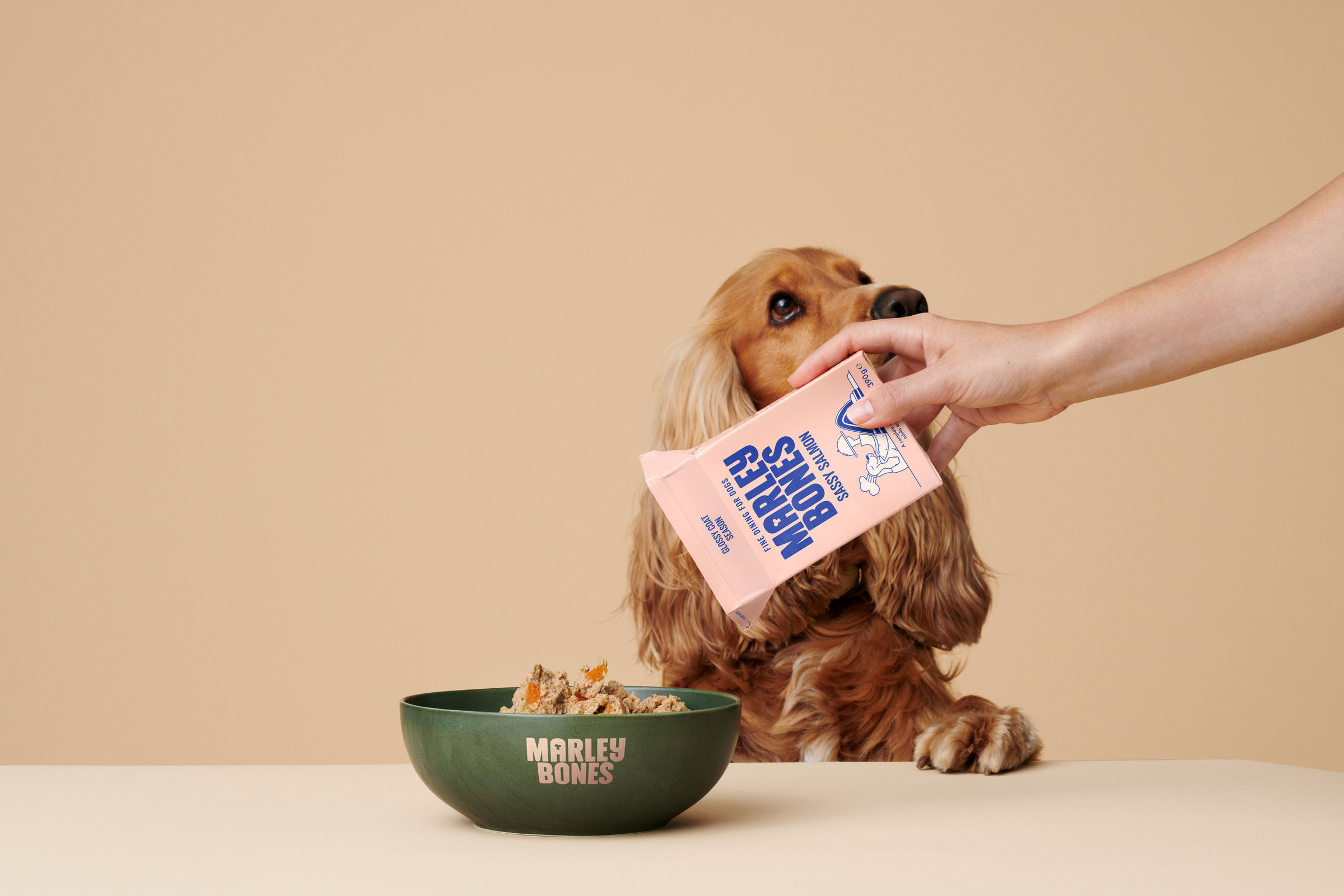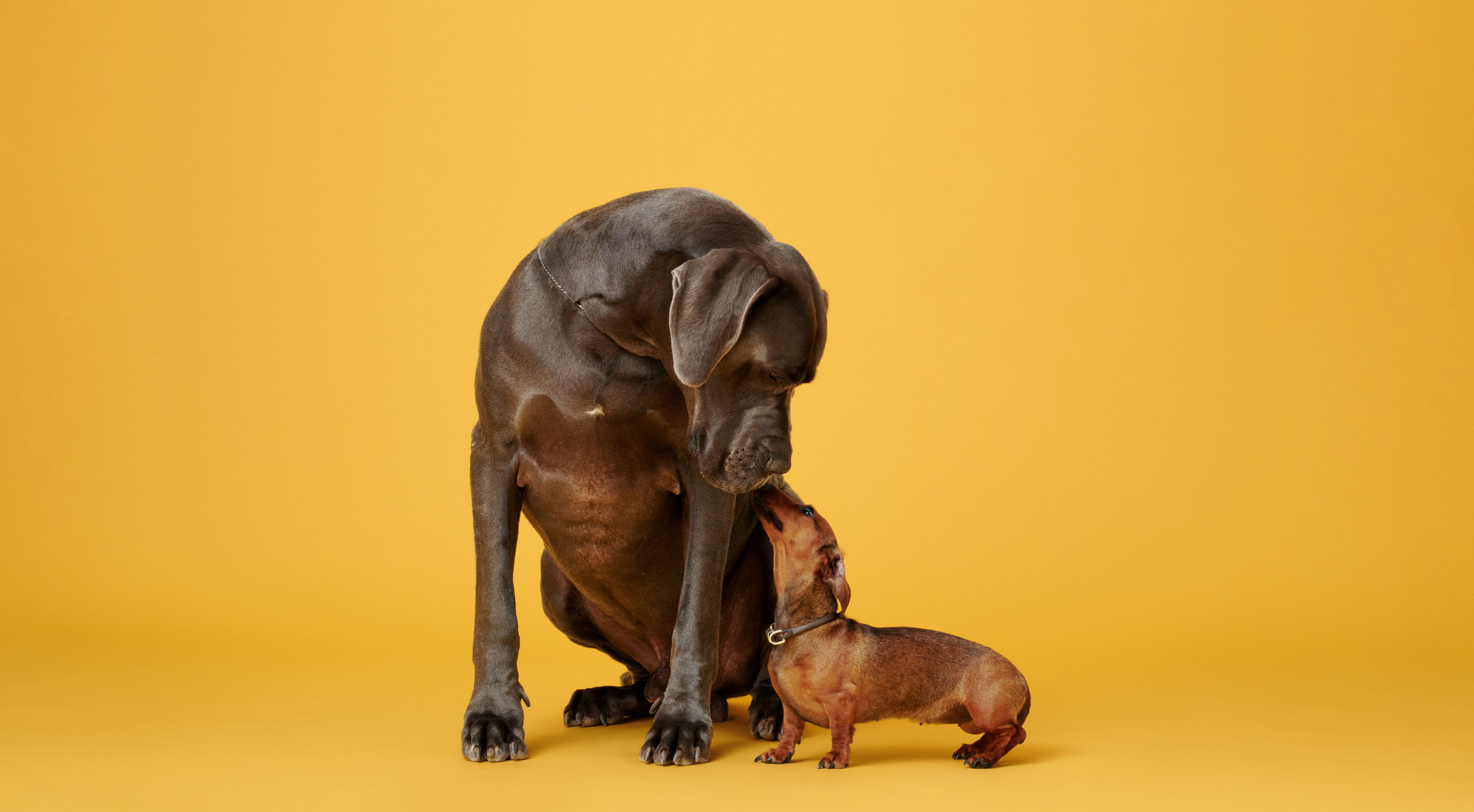9 Habits You Should Stop Doing Now As A Dog Owner: Key Changes for Your Pet's Well-being
Being a dog owner comes with joy, responsibility, and countless daily interactions - many of which you may not even realise are shaping your dog’s emotional and physical health. While your affection for your dog is unquestionable, there are common habits that, if left unchecked, can impact their well-being and behaviour over time.
By making small yet intentional changes in how you walk, train, and communicate with your dog, you can create a happier and healthier environment for them - and a stronger bond between you. Here are nine habits to stop today and what to do instead.
Letting Your Dog Approach Every Dog Without Consent
Many owners assume that dogs should be social with every other dog they meet, but the reality is far more complex. Not all dogs are comfortable with random greetings, especially on leash. Allowing your dog to rush up to others can cause anxiety, tension, or even aggression.
Instead, observe the body language of both dogs before any interaction. Look for signs of relaxed interest rather than stiff posture or avoidance. When in doubt, skip the greeting. Respecting boundaries keeps all dogs safer and more relaxed.

Allowing Uncontrolled Greetings With People
Letting your dog greet people without asking first may seem harmless, especially if your dog is friendly, but not everyone is comfortable around dogs - and not every dog greets gently. Jumping, barking, or over-excitement can overwhelm strangers and teach your dog bad manners.
Ask for permission before letting your dog approach someone new, and train them to sit calmly during greetings. Rewarding this behaviour helps them understand that patience pays off, and it makes every introduction more pleasant for everyone involved.
Using The Wrong Walking Pace
Dragging your dog on a fast-paced walk or, conversely, letting them dawdle without purpose can create stress and confusion. Dogs walk differently based on age, breed, and temperament. Not adjusting your pace to suit your dog’s comfort can lead to resistance or behaviour issues.
Pay attention to your dog’s rhythm. A senior dog might prefer a slower, shorter walk, while an active breed may need more movement and mental stimulation. Match your pace to their needs to turn walks into enjoyable bonding time.
Ignoring Your Dog's Body Language on Walks
Missing or misreading your dog’s stress signals can turn an otherwise peaceful walk into a source of anxiety. If you overlook signs like a tucked tail, lowered ears, or excessive panting, you might continue walking them into uncomfortable situations.
Start tuning in. If your dog seems relaxed - with a loose gait and soft expression - they’re probably enjoying themselves. If not, consider changing direction, offering a break, or ending the walk early. Respecting their emotional cues builds trust and confidence.
Using Harsh Corrections During Walks on The Lead
Yanking the lead or using punishment-based gear to “control” your dog doesn’t teach good behaviour - it creates fear or resistance. Dogs learn best through clear communication and positive reinforcement, not physical corrections.
Instead, opt for a well-fitted harness and a comfortable lead. Keep your grip firm but gentle, guiding your dog rather than forcing them. Teaching lead manners with patience will give you both more freedom and enjoyment on your walks.

Punishing Instead of Redirecting
Correcting unwanted behaviour through scolding, yelling, or punishment might seem effective in the moment, but it often backfires. Dogs can’t always connect punishment with the behaviour you’re trying to stop, and it can erode their trust in you.
The better approach is to redirect. If your dog is chewing on something they shouldn’t, calmly offer them a toy instead. If they’re barking out of boredom, redirect that energy with a game or training session. Focusing on what you want them to do, rather than what you don’t, leads to far better outcomes.
Ignoring Your Dog's Breeds Traits and Needs
Every breed has built-in tendencies. Herding dogs need direction. Retrievers need tasks. Terriers need outlets for digging and chasing. If you treat all dogs the same, you may miss what your dog truly needs to thrive.
Learn about your dog’s natural instincts and give them outlets to express those behaviours constructively. A border collie might love agility training, while a beagle could benefit from scent games. When their instincts are acknowledged and channelled, they’re less likely to misbehave from frustration or boredom.
Training Without Patience or Structure
Training in long, inconsistent bursts or without clear goals can confuse your dog and leave you both frustrated. Dogs thrive on structure, repetition, and encouragement - not pressure.
Train in short, focused sessions with clear objectives. Reward progress, even if it’s small, and adapt your pace to your dog’s learning style. Some dogs take longer to learn certain commands, and that’s okay. Your consistency and encouragement matter more than speed.

Overlooking Emotional Connection In Everyday Interactions
It’s easy to get caught up in the “to-dos” of dog ownership - feeding, walking, grooming - without tuning in to the emotional side of your relationship. But dogs are deeply emotional creatures, and how you connect with them daily affects their confidence and sense of safety.
Start by being present. Use calm, reassuring tones. Make eye contact. Offer affection when it’s welcome - not just when it’s convenient. Building trust through everyday moments fosters a deeper bond and helps your dog feel truly secure.
The Final Woof
Improving your dog’s well-being doesn’t require grand gestures - just thoughtful, consistent choices. These nine habits may seem small on their own, but together, they can transform your relationship with your dog. By shifting your mindset from control to connection, from correction to communication, you show your dog that they’re understood, valued, and loved. And that’s what they really need from you most.













